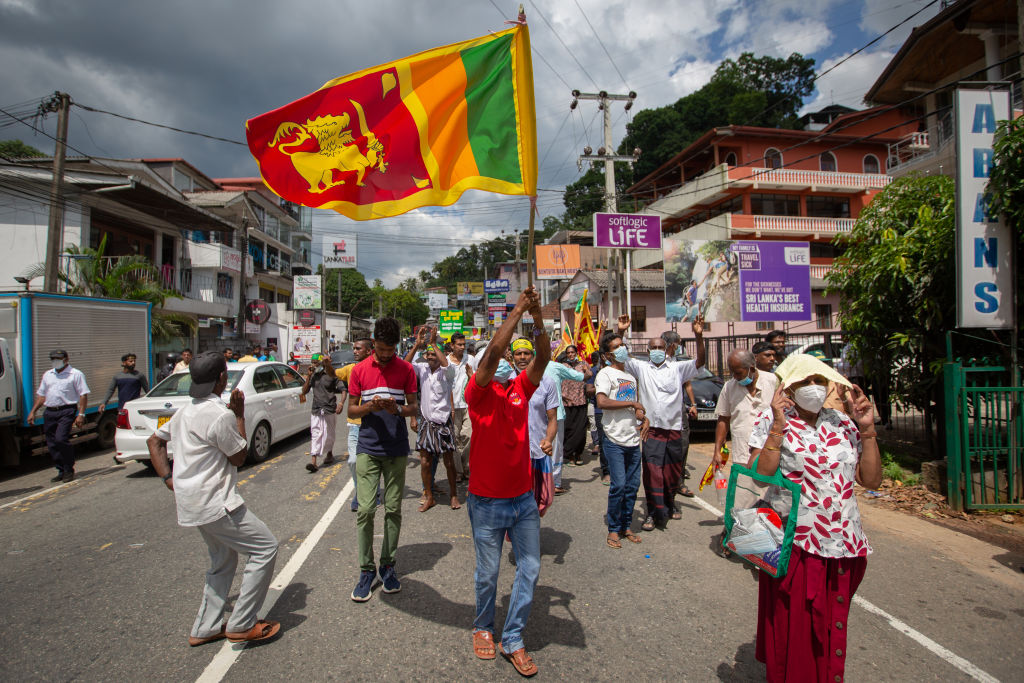- Monday, June 30, 2025
The latest measure comes after the government failed to secure the second tranche of $330 million out of the $2.9 billion four-year bailout agreed with the IMF in March

By: Chandrashekar Bhat
SRI LANKA cut key interest rates on Friday (24) for a second time in as many months ahead of a crucial debt restructuring deal with foreign lenders.
The cash-strapped country defaulted on its $46 billion debt in April last year after running out of foreign exchange to finance imports of even the most essential commodities, making life a misery for the island’s 22 million people.
At the peak of last year’s crisis, months of civil unrest forced the ouster of then-president Gotabaya Rajapaksa when protesters stormed his residence.
The International Monetary Fund has said Sri Lanka’s economy had shown early signs of stabilisation but recovery was “not yet assured”.
The Central Bank of Sri Lanka (CBSL) on Friday cut the benchmark lending rate by one percentage point to 10 per cent as on-year inflation came in at 1.5 per cent, against a peak of nearly 70 per cent a year earlier. The deposit rate was reduced by a similar amount to 9.0 per cent.
“The monetary policy board underscored the need for a swift and full pass through of monetary easing measures to market interest rates, particularly lending rates,” the bank said in a statement.
The latest cut came after the government failed to secure the second tranche of $330 million out of the $2.9 billion four-year bailout agreed with the IMF in March.
However, the central bank has expressed hopes of a debt deal with bilateral lenders and private bond holders by early next month to unlock the cash.
Colombo had wanted to get the second installment of the bailout by the end of September, after the first review of the IMF programme which began in March.
However, the Fund noted that Sri Lanka had, among other things, fallen short of the agreed revenue targets and needed to increase tax collection.
The CBSL said it hoped the latest rate cut, which followed three in June, July and October would help revive the economy.
(AFP)